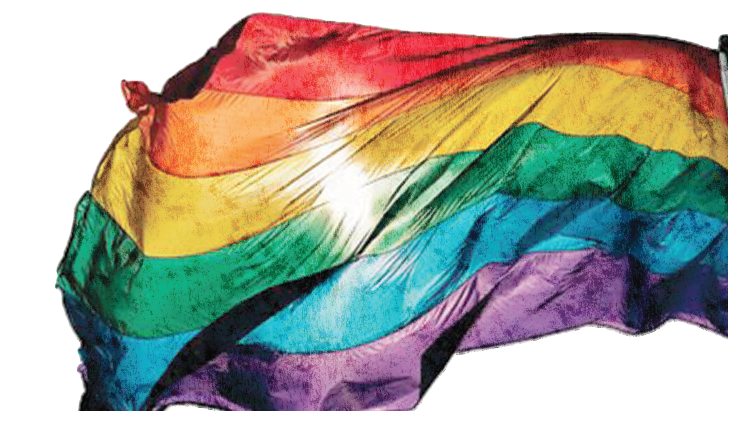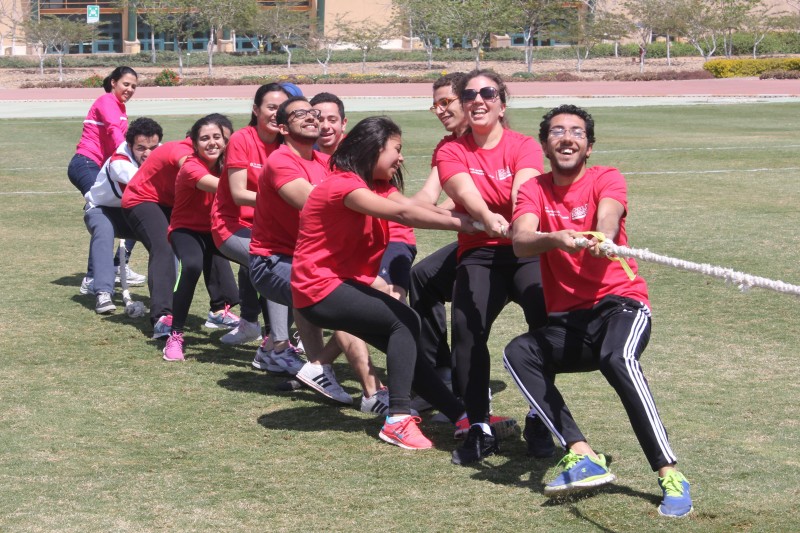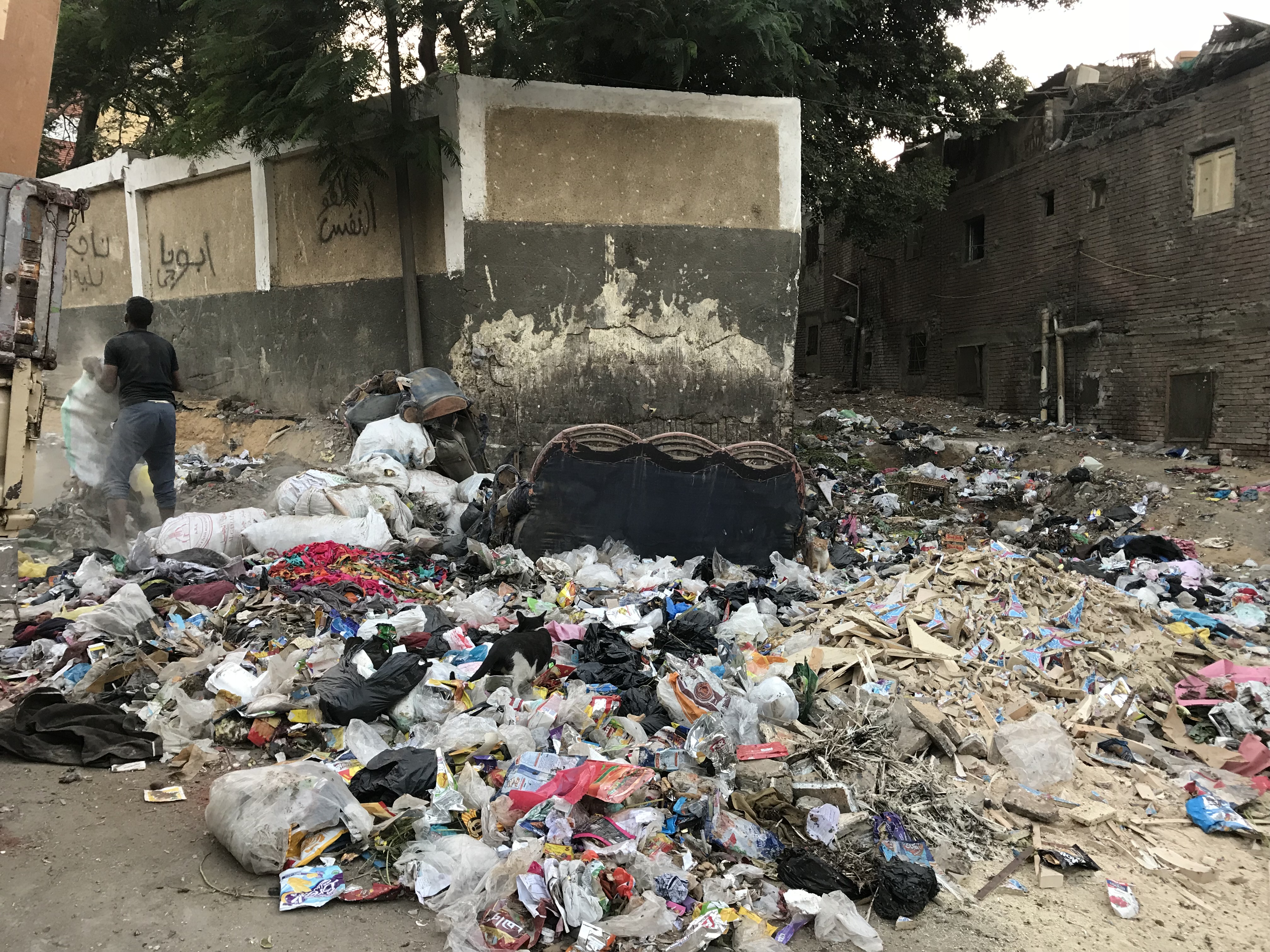Forbidden Intimacies: Homosexuals Branded Mentally Ill in Egypt
By: Danah Al Ansari
@DanaAlAnsari
Adam was 19 when his mother’s efforts to “correct” his behavior nearly broke his spirit.
A gay man who was forced into therapeutic “treatment” when his mother found out about his homosexuality, Adam now in his 30s remembers the tumult and trauma he faced at home.
“But looking back at it now, it is actually funny. There is no treatment. I am attracted to men,” he told The Caravan.
Homosexuality has traditionally been referred to, and dealt with, as a mental illness, despite having been declassified as such by the World Health Organization since the late 1980s.
Sexual identity remains a taboo topic across the Middle East; women who feel comfortable expressing themselves sexually are shamed, but it is perhaps homosexuals (men, in particular) who bear the brunt of it.
The lack of public discussion about homosexuality and the social stigma – and/or homophobia – surrounding it has led to misguided approaches in dealing with gay men and women, says the Annual Review of Psychology journal.
These are further compounded by statements made by high-ranking public figures who further perpetuate this equation.
Dr. Heba Kotb, Egypt’s first government licensed sexologist, claimed that she could ‘cure’ homosexuality in as little as four sessions on her weekly TV show on the Mehwar network.
While there are no official figures, Kotb estimates that approximately 10-12 percent of the Egyptian population are homosexual.
Similarly, the day after the United States (US) legalized gay marriage in 2015, Bishop Rafael of Egypt’s Coptic Church reiterated in a public address that homosexuality is an illness that can only be cured through ‘God’s grace.’
“There is no possibility that homosexuality can be due to genes in the body, like gay people claim. It is a product of will and perversion, and so can be redeemed,” he told state media.
Adam’s mother thought his homosexuality was a result of his watching various TV shows, which was corroborated by the doctor they sought out.
The doctor believed it is a learned behavior and not something congenital, according to Adam.
“We went to the doctor for six sessions. I then started to act like I was getting better. I stopped going and I felt depressed because it was like my own mother did not understand me.”
While other members of the Lesbian, Gay, Bisexual, Trans and Queer (LGBTQ+) community may not suffer the notion of being perceived as ‘ill,’ they nevertheless still suffer under the weight of the social stigma.
Homosexuality is not illegal in Egypt, but gay men and women are often prosecuted on the grounds of fujur (debauchery) under Article 9 of the 1961 Anti-Prostitution Law.
One of the most famous episodes regarding the prosecution of homosexuals is the Queen-52 incident in 2001, where over 50 men were prosecuted on the basis of the Anti-Prostitution Law for “obscene behavior” on the gay nightclub boat.
Those accused of homosexuality frequently undergo anal examinations to ‘prove’ ‘habitual’ homosexual behavior.
A more recent example is the raiding of a bath-house in Cairo in December 2014, where 26 men were arrested on similar grounds.
The media represented their actions at the time as mental illness, provoking widespread response from the Non-Governmental Organization (NGO) community.
Yet, in an unprecedented move, the defendants were all acquitted.
It is, however, difficult to hail the ruling as a victory when the defendants were rushed out with towels over their faces to mask their identities – the stigma remains.
According to a survey conducted by the Pew Research Center in 2013, 95 percent of the Egyptian population believes homosexuals should not be accepted in society.
“If someone in the streets knew, be it an uptight religious man or even an AUC graduate, they would both probably harass me,” Amy, a 20-year-old, told The Caravan.
“I am just saying that is how I am and that I get harassed because of it. With us girls, the perception is not the same, we aren’t easily identified unlike the guys and I think that is pretty unfair,” she added.
As a result, concealing one’s sexual orientation has become a means by which many LGBTQ individuals ensure their safety and avoid harassment.
“I try to take care of how I dress and how I interact with my male friends… I can’t imagine the humiliation I would face if someone knew I’m gay,” said Youssef, a 20-year-old living in downtown Cairo.
The Egyptian Initiative for Personal Rights (EIPR) is a human rights organization that has documented hundreds of cases where homosexuals were arbitrarily detained and convicted on insufficient evidence.
“We don’t have a specific [mandate] dedicated to helping gays and lesbians, but when we see a violation to human rights, specifically by the government, we intervene and try to help,” EIPR’s Gender and Women’s Right Officer Dalia Abdel- Hameed told The Caravan.
She further added how the government exploits online dating applications and websites to track LGBTQ+ individuals and prosecute them.
“The state has orchestrated a crackdown against gay men and some transwomen. We document these violations and provide legal support when we can.”
Various commentators have interpreted the increasing activity of the morality police as an attempt to refurbish their image in the public eye, she said.
“Yes, [homosexuality] is considered immoral, but it’s still not the same as it was 10 years ago.”



